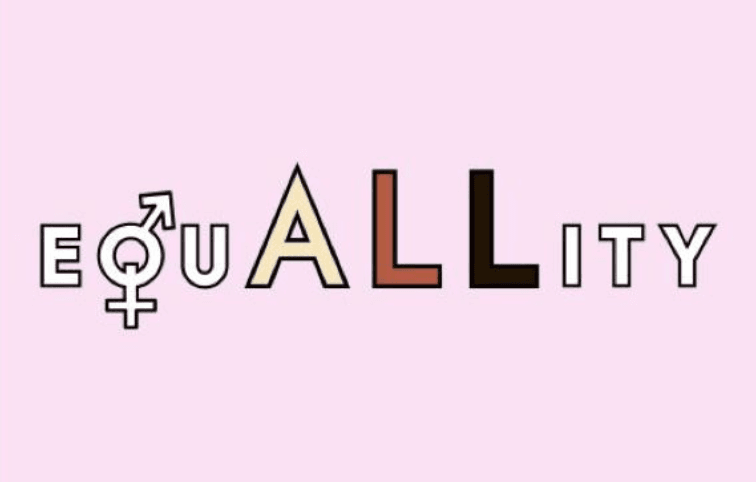We stand for equality
11th Jun 2020

Here at Flexa, we are firmly and actively committed to bringing flexible work to everyone, regardless of race, gender, disability, or sexual orientation. However, being “committed” internally isn’t enough - there are so many more things that we should be doing to try to address the systemic inequalities that exist within recruitment. The first problem that we are tackling is that our user testing processes don’t reflect the diversity that we are aiming to achieve.
This might sound menial, but so many companies say that they are “building a product for everyone” yet they aren’t testing it with a representative sample of “everyone”.
When we live in a world where period apps are founded and designed by men, where dating apps are potentially racially biased, and technology isn’t accessible for a significant proportion of those with disabilities, you would be forgiven for laughing when those leaders say that they are “committed to inclusivity”.
We don’t want Flexa to present any barriers to anyone in their job hunt. But we cannot guess the barriers we might have unintentionally created in our onboarding process and overall user experience. That’s why we are re-designing, and re-testing our whole registration process to make sure that everyone feels comfortable, supported, and never, ever, discriminated against in any way.
There are things that we want to track (but never disclose, of course), like racial diversity in our candidate base, but these are hard questions to ask because of the immoral use of that data in the past. There are things that we need to address, like the fact that women will only apply to a job if they meet 100% of the criteria, whereas men will apply at 60%.
To address these issues, we should be asking the right questions, to the right people, about how we can improve, and we are truly committed to improving.
I have spent my whole career in research (of various different kinds) and only now have I realised the enormous issue that the complete lack of diversity in the people that we test with is creating. If research is to drive forward the agenda of anti-racism, anti-sexism, anti-discrimination of any kind then we need to talk to those people who are at risk from those things. We need a better understanding of the small things that make people uncomfortable, the way that language makes different people feel, and whether products are (intentionally or unintentionally) causing blockers that could contribute further to the systemic inequality that exists within our societies.
Re-designing our onboarding process is a small step in the right direction. It really is small, but if everyone designing new products, and re-thinking old ones, could test their products that are built for “everyone” with those that so often feel that they are excluded from that “everyone” then maybe that small step could become a bigger one.
If you’d like to be involved in our user testing, then please drop me a line on molly@flexa.careers